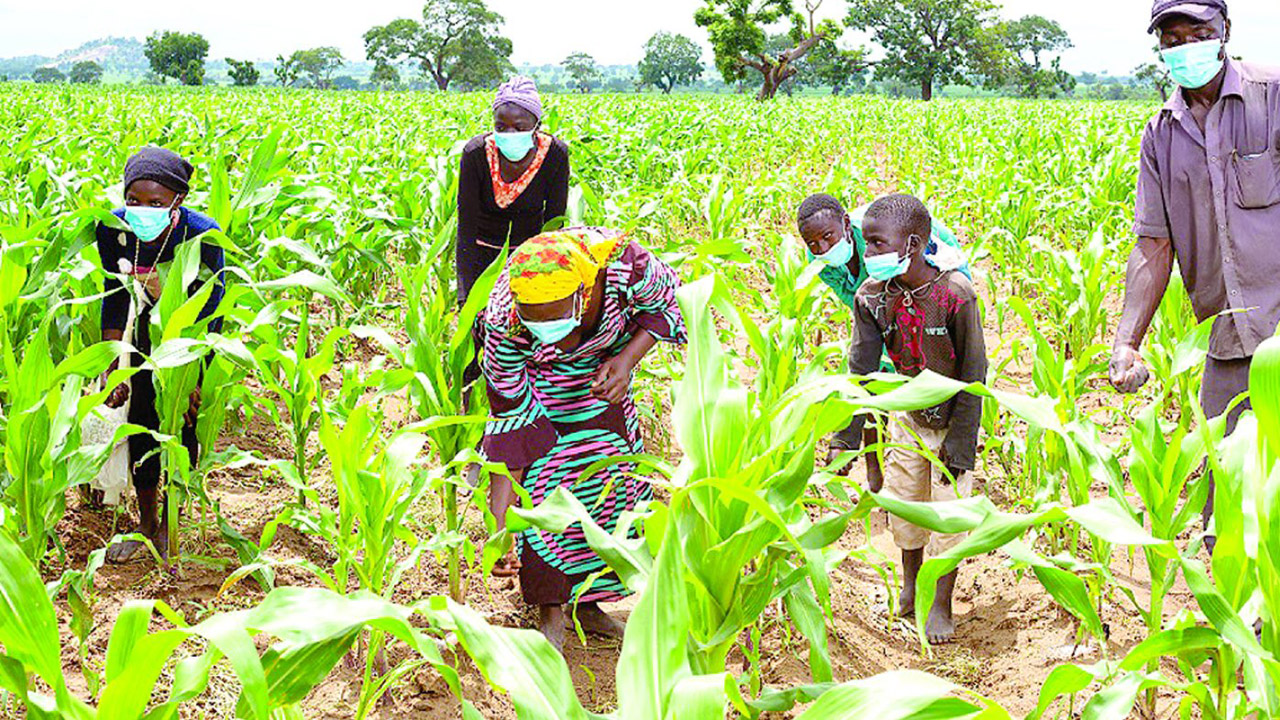
Permanent Secretary of the Federal Ministry of Agriculture and Food Security, Temitope Fashedemi, has said climate risks and natural disasters like flooding, rainfall variability, and deforestation have contributed largely to declined agricultural productivity in most northern states
He submitted at the ACReSAL Project Stakeholders Workshop in Abuja, yesterday, observing that Nigeria was experiencing a diverse climatic condition, and remained among the countries most exposed to impacts on farming.
Fashedemi explained that since the inception of ACReSAL, they have been working to reverse degradation and other climate change problems.
“The project has supported the ministry’s capacity to respond to the dual challenge of agricultural land degradation and climate change, through strategic partnerships and initiatives that support the integration of climate-resilient agricultural practices,” he added.
The permanent secretary hinted that the Nigerian Farmers Soil Health Card Scheme, Climate Smart Agriculture Manual Development, Upgrade of National Soil Testing Laboratories and Conduct of Soil Fertility Evaluation were underway.
He continued: “This will enhance the ministry’s ability to sustainably improve food security, and safeguard rural livelihoods. We will continue to leverage this support to advance our mission, and further improve our services.
‘The technological resources provided through the ACReSAL project will enhance efficiency, improve data management and capacity to achieve the ministry’s goals, and its impact is also evident in 19 northern states and FCT, where it has directly addressed the vulnerabilities of semi-arid landscapes.”
Also speaking, the Permanent Secretary of the Federal Ministry of Water Resources and Sanitation, R.P. Pheelangwa, stated that the initiative represents a significant step forward in their collective effort to improve water management, promote sustainable development, and enhance the livelihoods of communities that depend on the ecosystem.
Pheelangwa said the move would foster an atmosphere of mutual respect and understanding, as well as build a “strong foundation for a successful strategic catchment plan that not only meets our current needs but also paves the way for future generations.”






